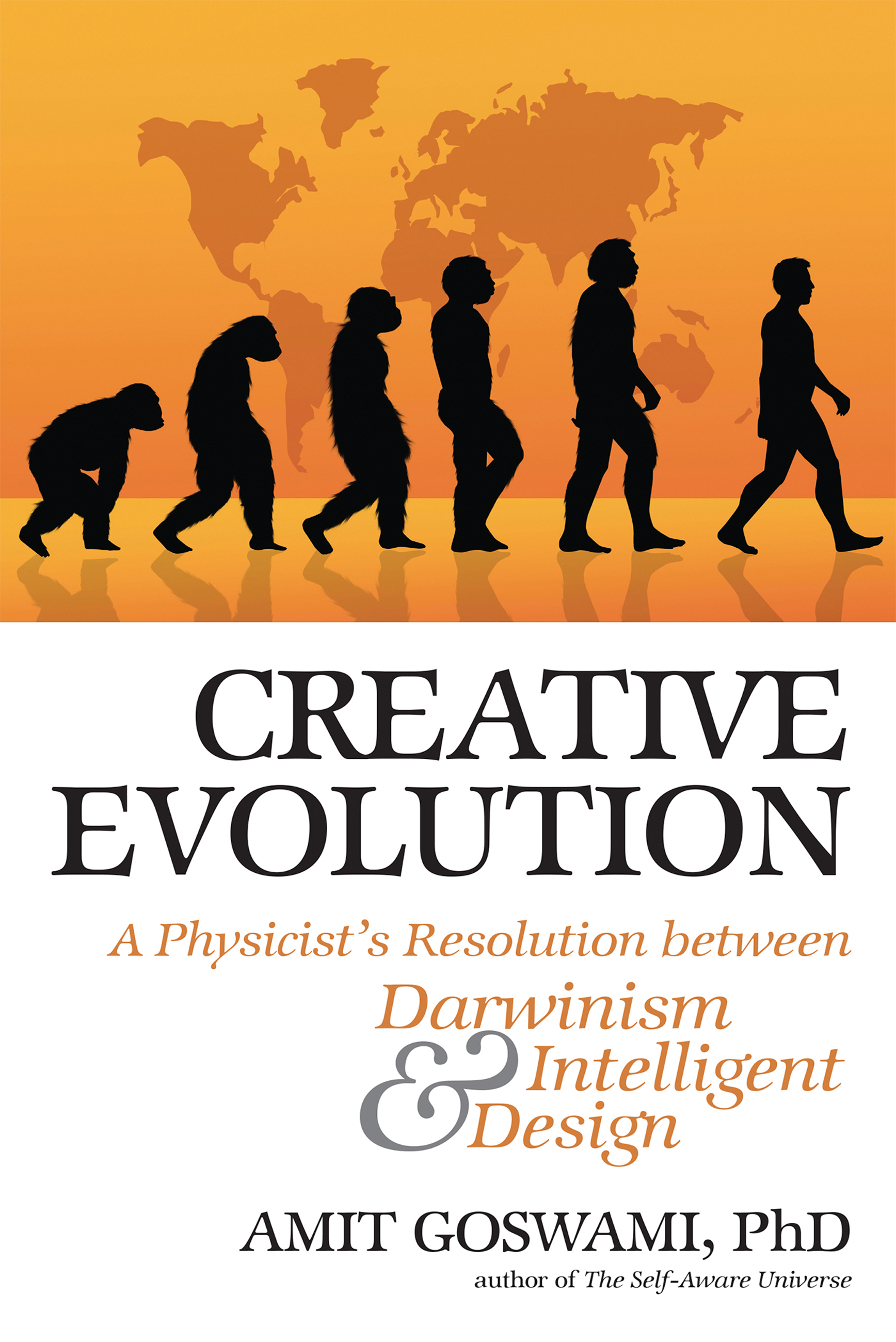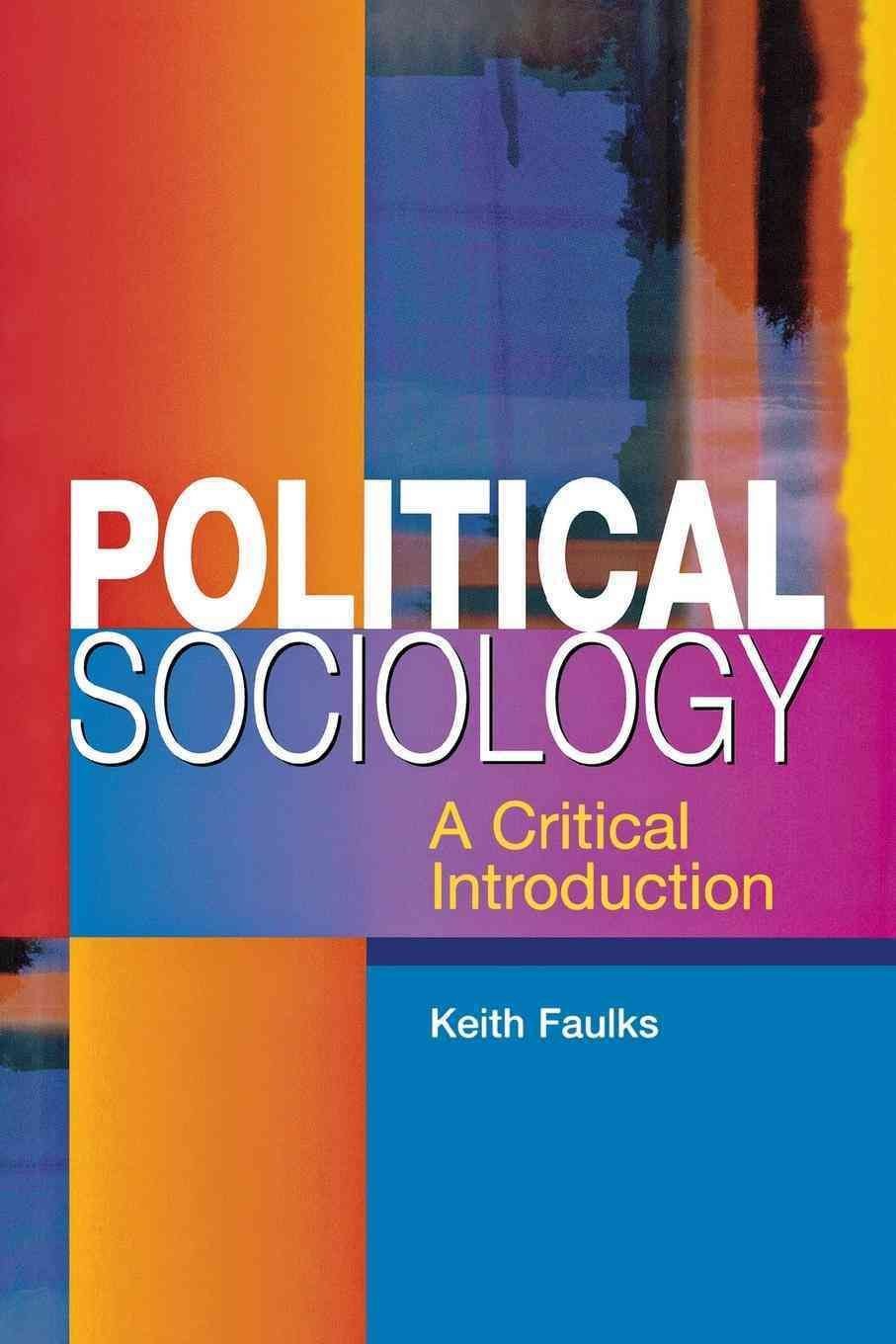Using a unique combination of cultural studies research, neo-pragmatist philosophy, and psychoanalytic theory, the author sheds light on the formation of a social identity and the important role that mass media play in this process.Case studies covering a range of media and communities provide a model for developing a truly explanatory as well as descriptive account of self-media interaction that bridges the two opposing sides of the media audience debate and provides a significant new dimension to notions of ‘passive’ and ‘active’ media audiences.












